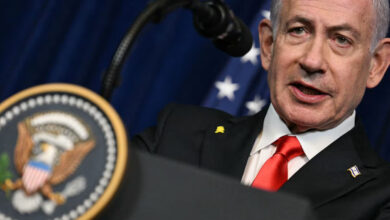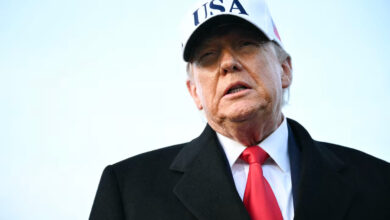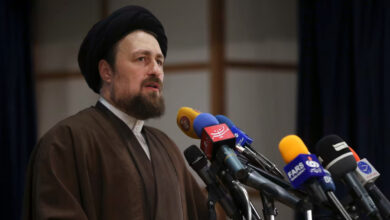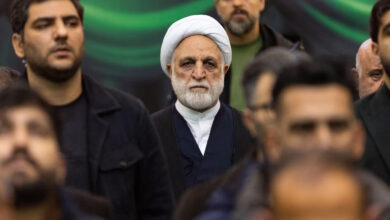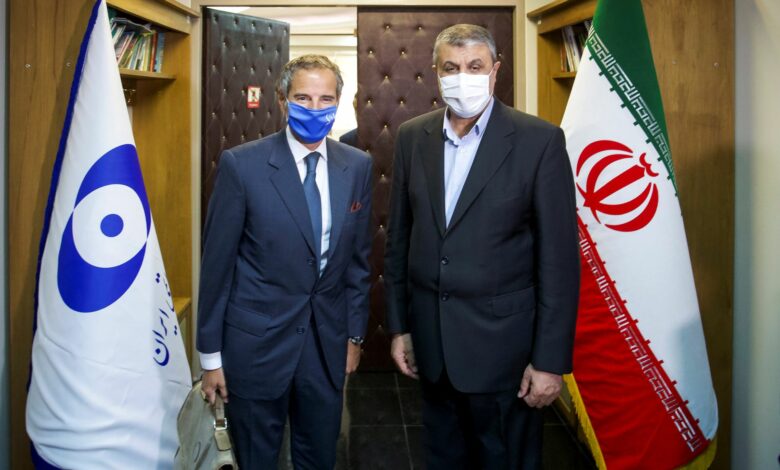
DUBAI, Sept 12 (Reuters) – Iran is to allow the U.N. nuclear watchdog to service monitoring cameras at Iranian nuclear sites after talks on Sunday with IAEA head Rafael Grossi, according to the head of Iran’s atomic energy body and a joint statement.
The talks with International Atomic Energy Agency chief Grossi were aimed at easing a standoff between Tehran and the West just as it threatens to escalate and scupper negotiations on reviving the Iran nuclear deal.
The IAEA said this week that there had been no progress on two key issues: explaining uranium traces found at old, undeclared sites and getting urgent access to monitoring equipment so the agency can continue to keep track of parts of Iran’s nuclear program as per the 2015 deal.
“We agreed over the replacement of the memory cards of the agency’s cameras,” Mohammad Eslami, who heads the Atomic Energy Organization of Iran (AEOI), was quoted as saying by state media.
“IAEA’s inspectors are permitted to service the identified equipment and replace their storage media which will be kept under the joint IAEA and AEOI seals in the Islamic Republic of Iran,” the nuclear bodies said in a joint statement.
Grossi is expected to hold a news conference at Vienna airport around 8:30 p.m. (1830 GMT) after returning later on Sunday, the IAEA said.
The IAEA told member states in reports this week that there had been no progress on two central issues: explaining uranium traces found at several old, undeclared sites and getting urgent access to some monitoring equipment so the agency can continue to keep track of parts of Iran’s nuclear programme as provided for by the 2015 deal. read more
“These reports were the official stamp on what we have been saying for a long time already: The Iranians are advancing unobstructed on the nuclear (weapon) project,” Israeli Prime Minister Naftali Bennett said in televised remarks on Sunday. Iran says its nuclear programme is peaceful.
Separate, indirect talks between the United States and Iran on both returning to compliance with the deal have been halted since June. Washington and its European allies have been urging hardline President Ebrahim Raisi’s administration, which took office in August, to return to the talks.
Under the 2015 deal between Iran and major powers, Tehran agreed to restrictions on its nuclear activities in exchange for the lifting of sanctions.
President Donald Trump pulled the United States out of the deal in 2018, re-introducing painful economic sanctions. Iran responded as of 2019 by breaching many of the deal’s core restrictions, like enriching uranium to a higher purity which makes it closer to that suitable for use in nuclear weapons.
Western powers must decide whether to push for a resolution criticising Iran and raising pressure on it for stonewalling the IAEA at next week’s meeting of the agency’s 35-nation Board of Governors. A resolution could jeopardise the resumption of talks on the deal as Tehran bristles at such moves. read more
Countries on the IAEA Board of Governors have watched Grossi’s visit to see whether Iran yields either on granting access to the monitoring equipment to service it or offers the prospect of answers on the uranium particles found at the undeclared former sites.
Reporting by Dubai newsroom, additional reporting by Dan Williams in Jerusalem; Editing by Raissa Kasolowsky

